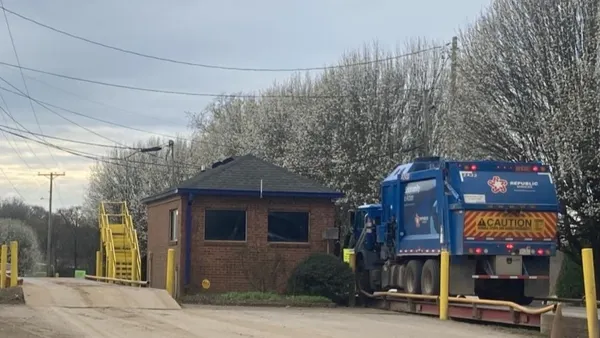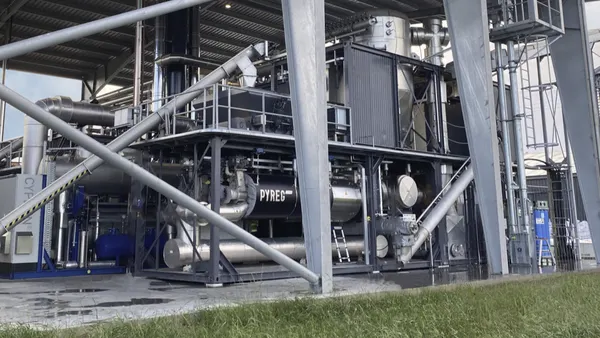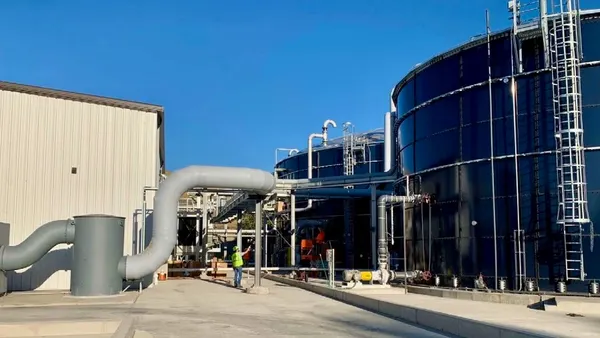Dive Brief:
- The Environmental Protection Agency recently held a public meeting to update Missouri residents on efforts to develop a clean-up strategy for the West Lake Landfill Superfund site. However, final details on what that will entail are still months away, as reported by the St. Louis Post-Dispatch.
- During the Aug. 31 meeting, agency officials said they have been focused on reviewing a remediation investigation to assess the extent of contamination and a final feasibility study to evaluate clean-up strategies. Possible strategies include full or partial excavation of the site to remove radioactive material, or capping the site.
- This progress was a welcome sign, but some residents expressed concerns that the EPA may not complete comprehensive grid testing of the whole site. In a sign of ongoing local reaction, protesters from the Earth Defense Coalition chained themselves to trash cans and blocked the site entrance earlier this year. Site owner Republic Services recently sought an injunction against the protesters, as reported by KMOX.
Dive Insight:
Remediation plans for the West Lake Landfill have dragged on for years, making local residents skeptical of new deadlines and worried about contamination. Prior plans to cap the site were reevaluated in 2008, and a new plan was promised by the end of 2016, but delays have continued since. Coupled with the presence of an ongoing underground reaction at Republic's adjacent Bridgeton Landfill, this situation has attracted even more attention.
EPA Administrator Scott Pruitt has called Superfund remediation a priority. He's also criticized the Obama administration for a lack of progress at West Lake and pledged to deliver results, but hasn't mentioned any specific remediation plans. The Trump administration's proposed budget cuts to the EPA, including Superfund work, could further complicate this timeline.
Landfill cleanups are complex, often involve multiple stakeholders — Republic, the Department of Energy, Exelon and a former uranium mining subsidiary in this case — and come with high costs. Because West Lake contains nuclear waste, a material that the U.S. government doesn't have a clear disposal strategy for, these challenges are magnified. Even with renewed EPA attention it could still take months, if not longer, until a remediation strategy is finalized.









